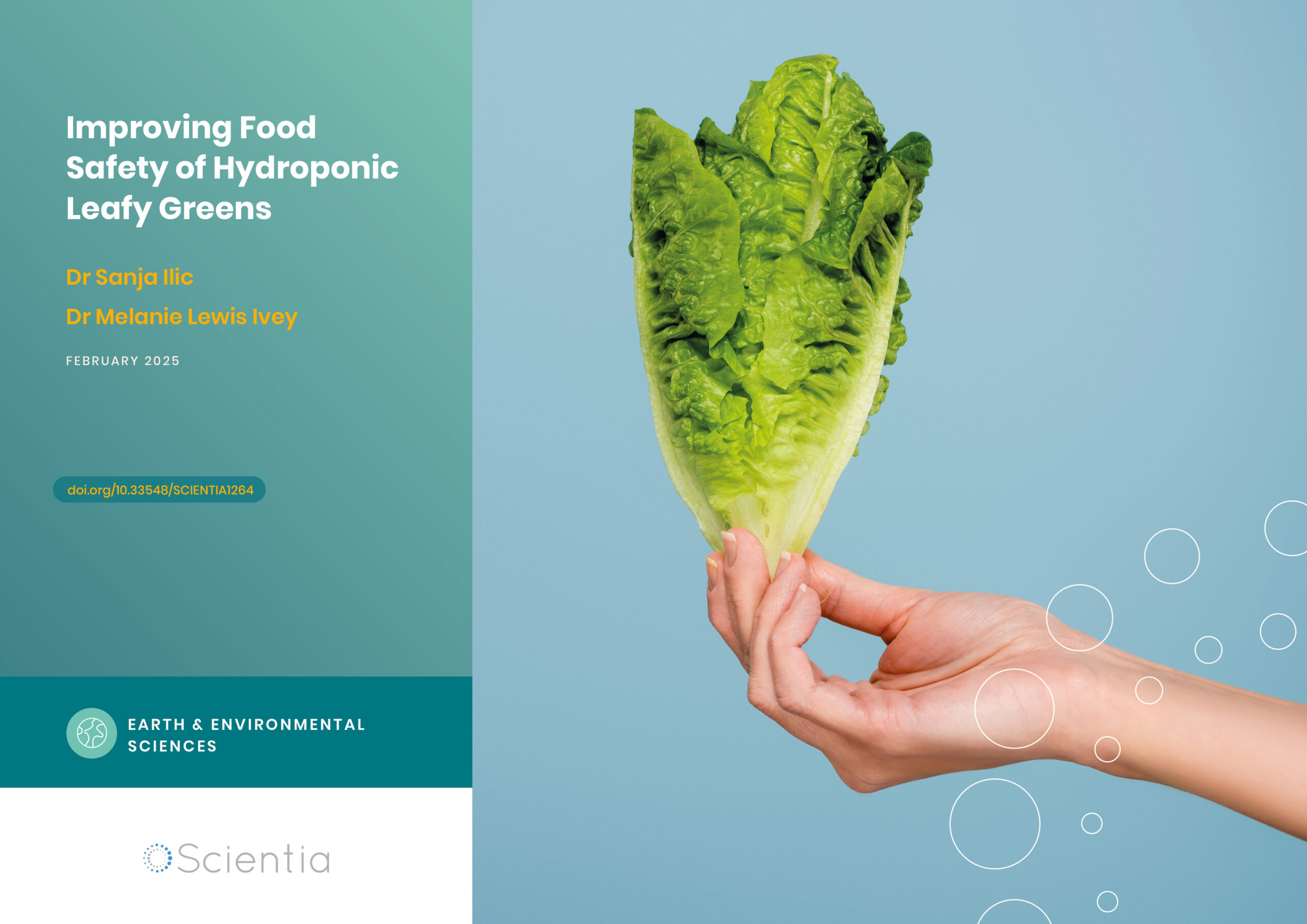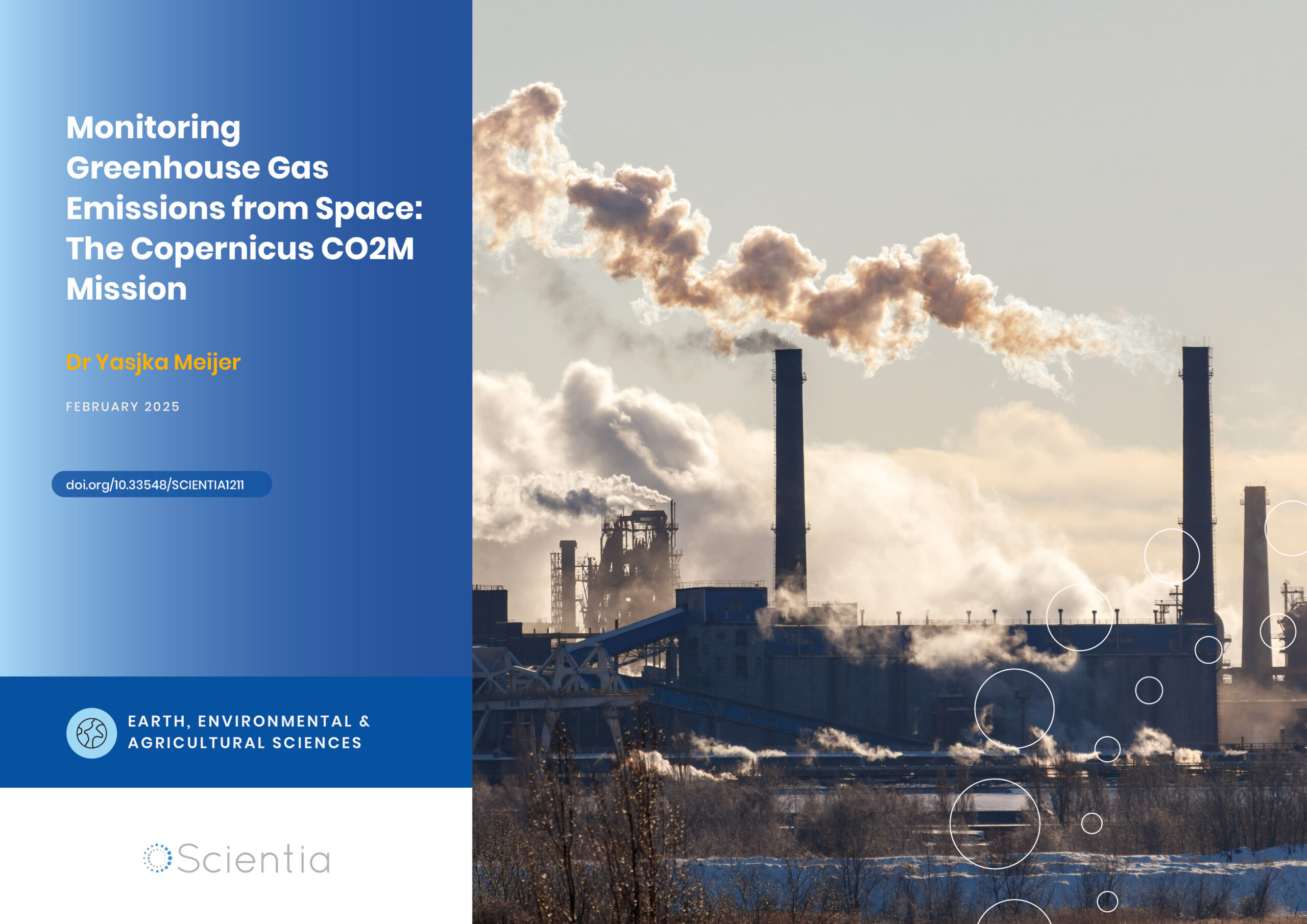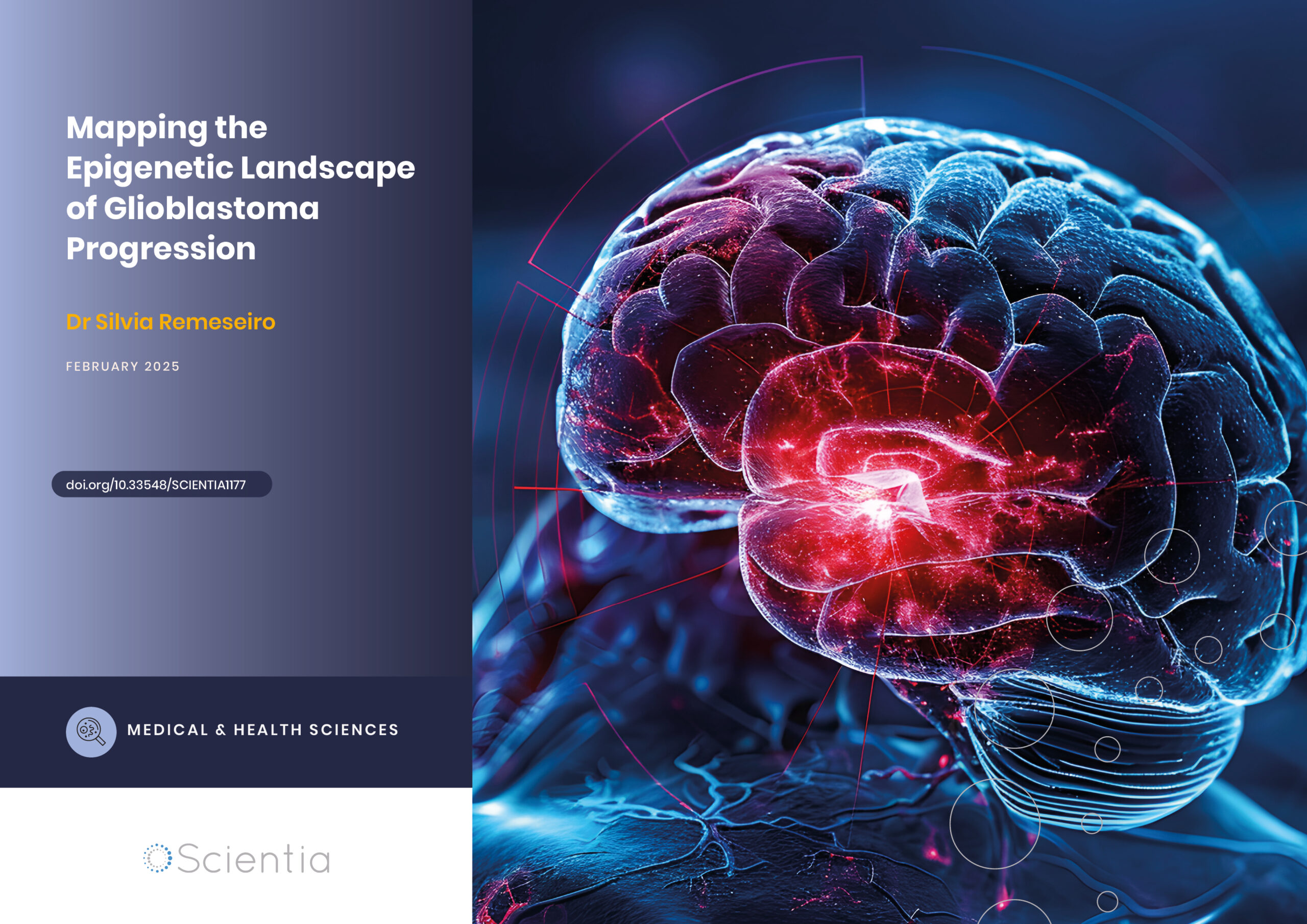Alzheimer’s Research UK
 Founded in 1992, Alzheimer’s Research UK is the UK’s leading dementia research charity. Their work is dedicated to furthering our understanding of the causes, diagnosis, prevention, treatment and cure of diseases such as Alzheimer’s. Characterised by declines in memory and other cognitive functions such as thinking and reasoning, these progressively worsening neurodegenerative and ultimately fatal diseases sadly remain without a cure. In this exclusive interview, we speak with Ian Wilson, Deputy Chief Executive, to hear about the vital work conducted by Alzheimer’s Research UK.
Founded in 1992, Alzheimer’s Research UK is the UK’s leading dementia research charity. Their work is dedicated to furthering our understanding of the causes, diagnosis, prevention, treatment and cure of diseases such as Alzheimer’s. Characterised by declines in memory and other cognitive functions such as thinking and reasoning, these progressively worsening neurodegenerative and ultimately fatal diseases sadly remain without a cure. In this exclusive interview, we speak with Ian Wilson, Deputy Chief Executive, to hear about the vital work conducted by Alzheimer’s Research UK.
To begin, please tell us how Alzheimer’s Research UK came to fruition.
Alzheimer’s Research UK was founded in 1992 as the Alzheimer’s Research Trust, with the mission to defeat dementia through research. Cambridge-based Dr Sarah-Jane Richards and Barbara Langlois, along with Joe Pollock and Dr Martin Weale spearheaded early work in establishing the charity and bringing in our original trustees and scientists.
Shocked by the lack of investment in dementia research, this small team of pioneers originally set out to fund the building of a dedicated research centre in Cambridge, a city known as a centre of research excellence. However, their focus soon shifted to funding scientists in universities instead to ensure that as much money as possible went directly into research.
What are the main aims and objectives of Alzheimer’s Research UK?
Our vision is a world where people are free from the fear, harm and heartbreak of dementia. Without effective treatments, one in three children born today will die with dementia. Today, there are no dementia survivors but our wholehearted belief is that research can and will change this.
Backed by our passionate scientists and supporters, we’re challenging the way people think about dementia, uniting the big thinkers in the field and funding the innovative science that will deliver a cure.

How does Alzheimer’s Research UK support research? What types of research do you focus on?
Dementia is caused by physical diseases that attack the brain and we fund a broad range of research projects to understand dementia and drive us towards better diagnosis, preventions and treatments.
We work with academics to fund the very best ideas; we also sit at the intersection between academic brilliance and the pharmaceutical industry, to ensure that potential new treatments are taken forward as quickly and as safely as possible, and of course, we are working to ensure we can detect and diagnose the diseases that cause dementia as early as possible.
Alzheimer’s Research UK has invested in just under 1,000 projects across all forms of dementia since 1998. Our supporters have allowed us to fund thousands of dementia researchers based in 75 organisations across the UK and 31 international institutions.
From people to pipettes and from Aberdeen to Exeter, our funding is making a huge difference.
What are Alzheimer’s Research UK’s most significant achievements to date?
Our research investment is increasing rapidly and we have invested more than £136 million in groundbreaking research since 1998. Our research has identified new avenues of biology that urgently need exploring.
One of the key hallmarks of Alzheimer’s disease is the build-up of amyloid in the brain. Scientists think that these abnormal protein clumps start a damaging chain reaction that gets in the way of how our brain cells work. Removing amyloid from the brain is a key target for drug development. Our scientists took the time to learn from the first trial of a treatment designed to clear amyloid protein from the brain. They saw the potential for it to guide future clinical trials. Their findings are helping researchers make smarter decisions about how new treatments are being developed today.
Of course, our charitable remit goes further, and we also hold governments to account to ensure as much funding as possible is made available for dementia research. Through our campaigning work and thanks to our amazing supporters who backed our campaign, the government recently pledged to double dementia research funding to £1.6bn over the next 10 years, which now needs to be delivered.

How is the general public involved in your work?
Dementia is one of the world’s greatest challenges. It shatters lives and leaves millions heartbroken. In all, we’ve funded £136 million of research projects. This is only possible because of the generosity of our supporters.
Thousands of people across the country, and even more across the world, are helping us in so many ways by raising money and awareness, giving up their time to volunteer and sharing their personal stories with the media. We are always looking for new supporters to help us in our work!
2020 was, of course, a challenging year for everyone. What specific difficulties has the COVID-19 pandemic created for Alzheimer’s Research UK and how are these being overcome?
The need for investment in dementia research has never been more urgent. COVID-19 is threatening dementia research efforts, with many projects delayed and some studies cut completely, and a lack of future funding opportunities forcing many scientists to consider leaving dementia research. Losing these scientists would mean not only a loss of resource to continue vital studies, but a loss of valuable expertise that has taken years to build up.
The pandemic is also having a catastrophic impact on people with dementia. Figures show that a quarter of people who have died in the first wave with COVID-19 in England, Wales, and Scotland, also had dementia. For the sake of people with dementia and their families, we must protect progress in research.
Alzheimer’s Research UK is obviously facing a predicted drop in income as a result of COVID-19, affecting our ability to fund new research this year. Yet dementia research has been making huge strides, and life-changing treatments are in our sights. Alzheimer’s Research UK and our scientists have pivoted to delivering events online and conducting research in a socially distanced manner as far as possible.
The charity has also had strong financial processes in place and we are delighted to see income still continue to arrive into the charity. Even in the darkest times, it has been wonderful to see, where possible, our fundraising activity and income continue, and it really highlights to me what incredibly loyal supporters we have.
During this period one of our Board wrote to me and said ‘Crises are a test of the values and deep characteristics of an organisation, and also of the quality and characteristics of its people. It is no surprise that Alzheimer’s Research UK is scoring so highly on both!’. I think this sums things up nicely.

Finally, looking now to the future, what are the long-term goals for Alzheimer’s Research UK?
One of the challenges we face is that the diseases cause dementia start decades before the symptoms show. Therefore, to have the best chance of halting them, we need to intervene decades earlier, when these diseases first start to take hold. To do this we will utilise new technologies and breakthroughs in data science and machine learning to produce a revolutionary way of detecting and ultimately diagnosing the diseases that cause dementia.
The aim is to collect huge amounts of digital data generously donated by research study volunteers using smartphone apps and wearable devices, like watches and headbands. By linking data to clinical tests, such as brain scans, we’ll identify digital data patterns, or ‘fingerprints’, which allow us to detect the earliest signs of diseases like Alzheimer’s.
If we do this, we have the best chance of stopping these diseases before the symptoms of dementia start to get in the way of life, keeping people connected to their world, their families and themselves for longer.
W: https://www.alzheimersresearchuk.org/
Twitter: @AlzResearchUK

Reference
https://doi.org/10.33548/SCIENTIA631
Want to republish our articles?
We encourage all formats of sharing and republishing of our articles. Whether you want to host on your website, publication or blog, we welcome this. Find out more
Creative Commons Licence
(CC BY 4.0)
This work is licensed under a Creative Commons Attribution 4.0 International License. 
What does this mean?
Share: You can copy and redistribute the material in any medium or format
Adapt: You can change, and build upon the material for any purpose, even commercially.
Credit: You must give appropriate credit, provide a link to the license, and indicate if changes were made.
More articles you may like
Improving Food Safety of Hydroponic Leafy Greens
Hydroponic farming is experiencing rapid growth worldwide, offering a sustainable and efficient method of producing fresh, nutrient-rich crops. However, the unique conditions of hydroponic systems also present complex food safety challenges. Dr Sanja Ilic and Dr Melanie Lewis Ivey, researchers at The Ohio State University, are at the forefront of efforts to understand and mitigate the risks of human pathogen contamination in commercial hydroponic production. Their pioneering work is providing crucial insights and practical guidance to help ensure the safety and nutritional value of hydroponically grown leafy greens.
Dr Paul Robertson | Artificial Intelligence in the Cockpit: New Systems Could Help Prevent Aviation Accidents
Despite significant advances in aviation safety over recent decades, accidents still occur that could potentially be prevented with better warning systems. Dr Paul Robertson of Dynamic Object Language Labs, Inc. (DOLL) is leading groundbreaking research into how artificial intelligence could help pilots avoid dangerous situations. His team’s work reveals promising developments and important cautions about implementing AI in aircraft cockpits, with implications for the future of aviation safety.
Dr Yasjka Meijer | Monitoring Greenhouse Gas Emissions from Space: The Copernicus CO2M Mission
Atmospheric concentrations of carbon dioxide (CO2) and methane (CH4) have been steadily rising due to human activities, contributing to global climate change. Dr Yasjka Meijer from the European Space Agency is responsible for the objectives and requirements of the Copernicus Anthropogenic Carbon Dioxide Monitoring (CO2M) mission – a constellation of satellites that will enable the monitoring of anthropogenic greenhouse gas emissions from space with unprecedented accuracy and detail. This groundbreaking mission aims to support international efforts to reduce emissions and combat climate change.
Dr Silvia Remeseiro | Mapping the Epigenetic Landscape of Glioblastoma Progression
Glioblastoma, the most aggressive form of brain cancer, continues to challenge medical professionals with its poor survival rates. Recent groundbreaking research by Dr Silvia Remeseiro and her colleagues at Umeå University in Sweden has shed light on the complex epigenetic and chromatin-related mechanisms underlying the communication between neurons and glioma cells. This research opens new avenues for understanding and potentially treating this formidable disease.




